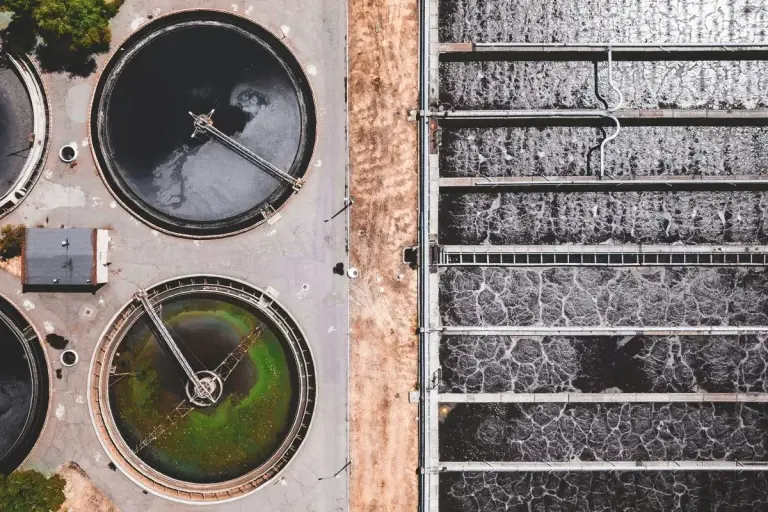PANAMA CITY, PANAMA – The Panamanian government, through the National Decentralization Authority (AND), has invested over $6.27 million in 472 water and sanitation projects between 2024 and 2025. This strategic investment is part of a national decentralization effort designed to empower municipalities to address historical infrastructure gaps in vulnerable communities using local resources.
The funding, primarily derived from the Impuesto de Bienes Inmuebles (IBI), or Property Tax, allows local governments to execute priority projects identified in conjunction with their communities. This local approach is central to Panama’s strategy for achieving equitable access to safe drinking water and fulfilling its commitments under the United Nations’ Sustainable Development Goal (SDG) 6.
“Decentralization has become a key engine of that change,” stated an official report, highlighting the transformative impact of the policy since the passage of Law 66 of 2015. [Translated from Spanish]
The initiative represents a significant shift in how public works are managed, moving decision-making closer to the citizens who are directly affected. By collaborating with mayors, representatives, and councilors, the national government aims to ensure that projects are consensual and address the most pressing local needs.
Transformative Solar-Powered Water System Benefits Indigenous Community
A prime example of this initiative’s impact is the new solar-powered water supply system in Akua Yala, in the Madungandí comarca. This project now provides 300 families with a consistent and safe daily water supply, generating significant improvements in local health and community progress.
This project is part of a broader national effort that has positioned Panama as a regional leader in per capita investment in water and sanitation, at $49.8 per inhabitant. Strategic national programs have invested more than $1.179 billion in the sector since 2001, according to official figures.
“Panama is betting on guaranteeing water and sanitation for all through investments in infrastructure, environmental protection, hygiene education, and a strengthened and participatory local governance,” the report detailed, outlining the multi-faceted approach. [Translated from Spanish]
Persistent Challenges Amidst National Water Abundance
Despite Panama’s notable water wealth—with 52 hydrographic basins, over 500 rivers, and the highest average rainfall in Central America at 2,924 liters per square meter annually—access remains highly unequal. A significant portion of the population still lacks basic, reliable access to potable water.
National statistics reveal a stark urban-rural divide. While 98.1% of urban households enjoy basic managed drinking water, this access drops to 86.3% in rural areas. The disparities are most acute in indigenous comarcas, where households with improved water sources are scarce; Ngäbe Buglé comarca reports access for only 41% of households, and Emberá Wounaan comarca for a mere 31%.
Overall, 5.6% of Panama’s total population still lacks basic access to potable water. In rural areas, one in every three families continues to live without a constant supply of safe water. These inequalities have a direct impact on public health, childhood development, family productivity, and district advancement, posing a substantial obstacle to the country’s sustainable development.
Decentralization as a Strategic Path Forward
The ongoing commitment to decentralization is framed as the strategic solution to these entrenched challenges. The framework established by Law 66 of 2015, and its subsequent reforms, facilitates collaboration between the AND and local authorities. This enables the execution of community-backed projects using IBI resources and programs like the Public Works and Municipal Services Program (PIOPSM).
“Strengthening decentralization and maintaining local investment in water are strategic bets for a more just, sustainable, and supportive Panama, where every water project represents a real step towards inclusive development and quality of life,” the report concluded. [Translated from Spanish]
To overcome the remaining hurdles, authorities emphasize the continued necessity of meticulous planning, inter-agency cooperation, and unwavering political commitment. The success of projects like the one in Akua Yala demonstrates the potential of localized investment to close historical gaps and provide fundamental services, such as agua potable, to all Panamanians.



